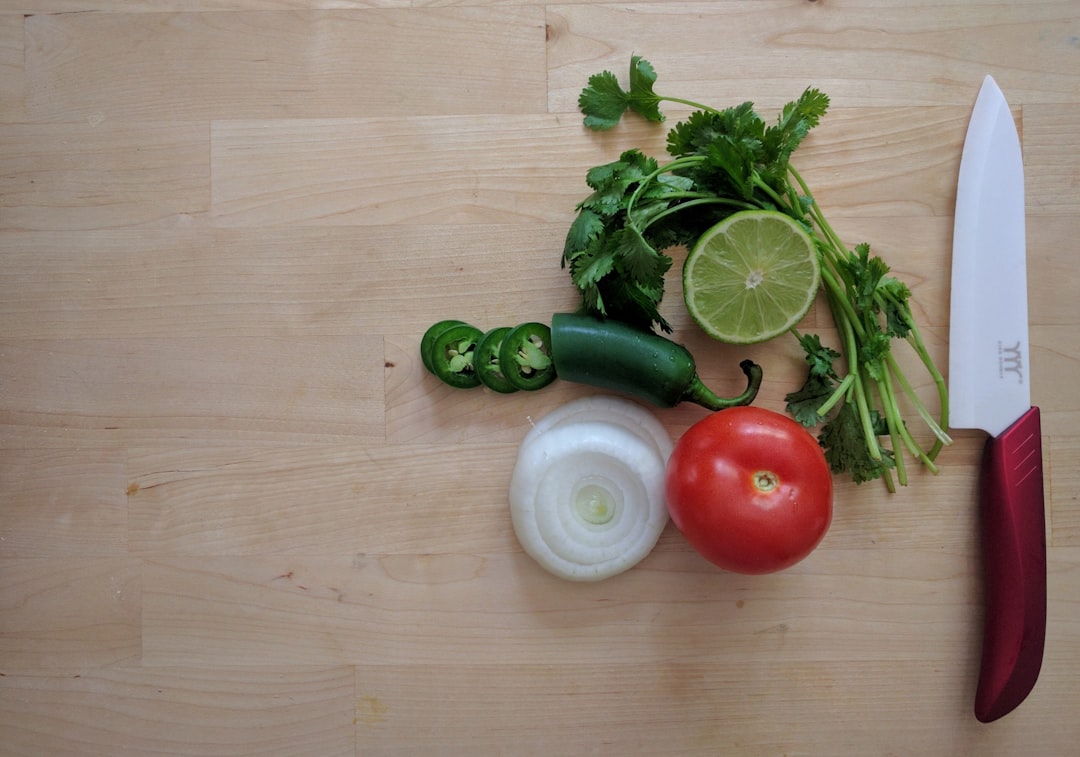When it comes to choosing the right countertop material for your kitchen or bathroom, two popular options stand out: butcher block and quartz. Each offers unique benefits and drawbacks, catering to different preferences and needs.

Butcher block countertops are made from straight cuts of wood glued into thick slabs. Commonly used in kitchens, offices, and restaurants, butcher block provides a warm, natural aesthetic that can serve both functional and decorative purposes.

Butcher block countertops require regular maintenance, such as oiling at least every six months for unsealed types. While they can be sealed to reduce upkeep, sealants can affect their usability as cutting surfaces. These countertops are more susceptible to scratches, dings, and stains due to their soft, porous nature. Cleaning involves scraping, scrubbing, and towel drying to avoid moisture issues, which can lead to discoloration and rot.

Quartz countertops are engineered from natural quartz crystals and other minerals bound by resin, making them a man-made surface. Known for their strength and durability, quartz countertops are a popular choice for modern kitchens.
Quartz is known for being virtually indestructible, resisting scratches, stains, and chips. Its non-porous nature prevents bacteria and mold growth, making it a hygienic option for food preparation. Additionally, quartz is unaffected by moisture, making it suitable for areas near sinks and other wet locations.

| Feature | Butcher Block | Quartz |
|---|---|---|
| Aesthetic Appeal | Warm, natural look | Consistent, modern styles |
| Maintenance | Regular oiling and sealing | Virtually no maintenance |
| Durability | Prone to scratches and stains | Resistant to scratches and chips |
| Cleaning | Requires thorough cleaning and drying | Easy to clean with soap and water |
| Hygiene | Porous surface, can harbor bacteria | Non-porous, bacteria-resistant |
| Cost | Generally more affordable | Higher initial cost |
Choosing between butcher block and quartz countertops ultimately depends on your budget, desired aesthetics, maintenance willingness, and lifestyle needs. While butcher block offers a unique charm and eco-friendly option, quartz provides superior durability, hygiene, and ease of maintenance.

Immerse yourself in architecture’s most boundary-pushing ideas—where innovative home improvements meet visionary urban developments. Discover new building techniques, materials, and creative concepts that are redefining how we shape our spaces on a global scale.